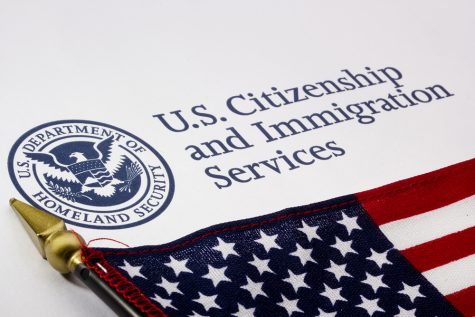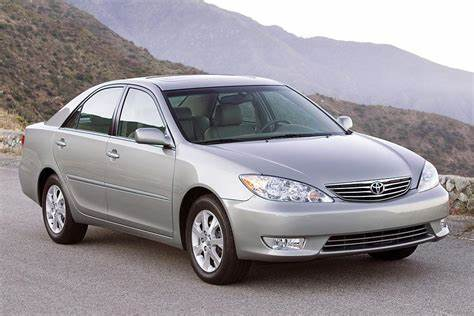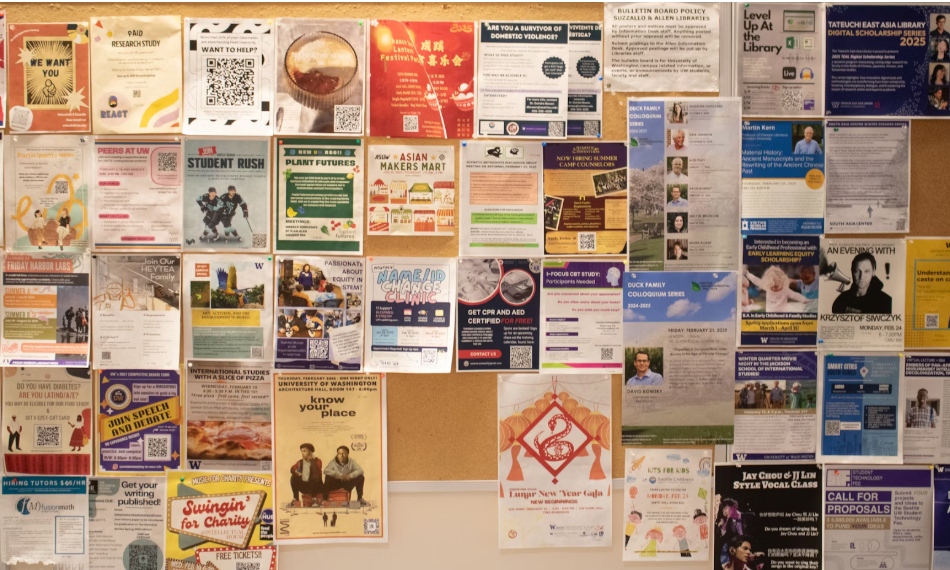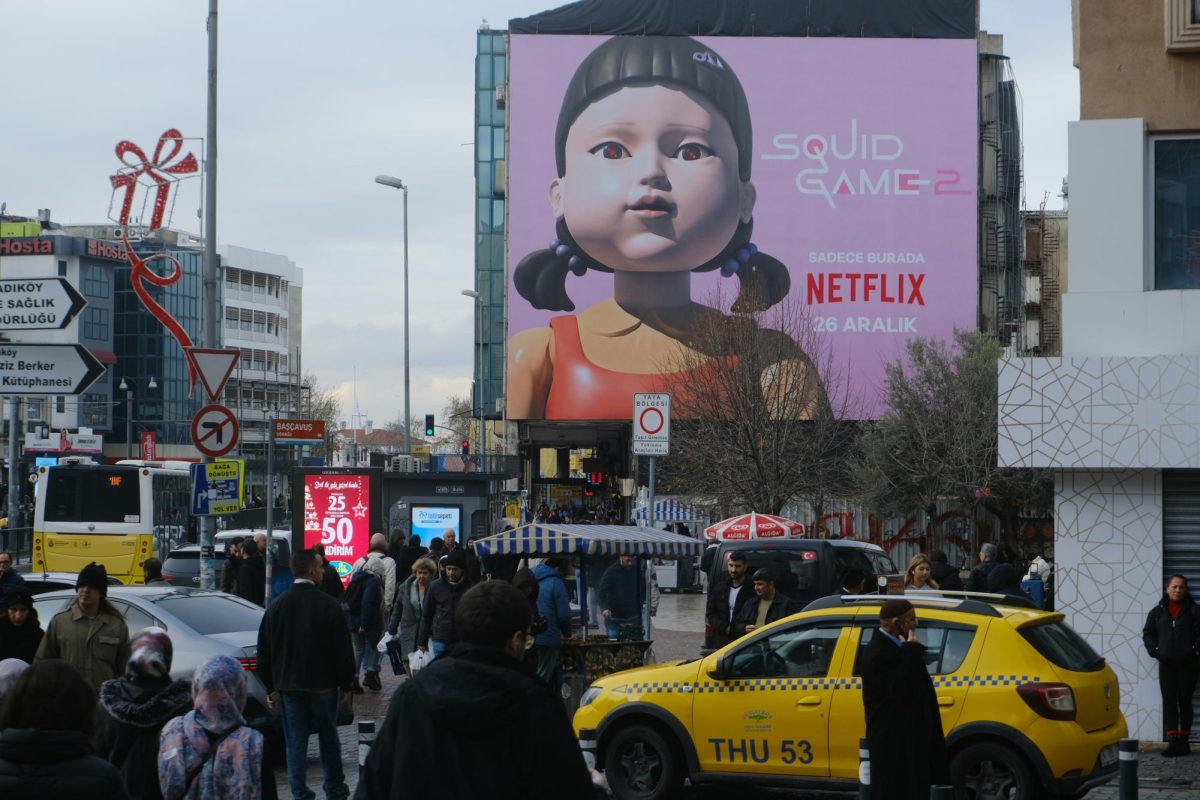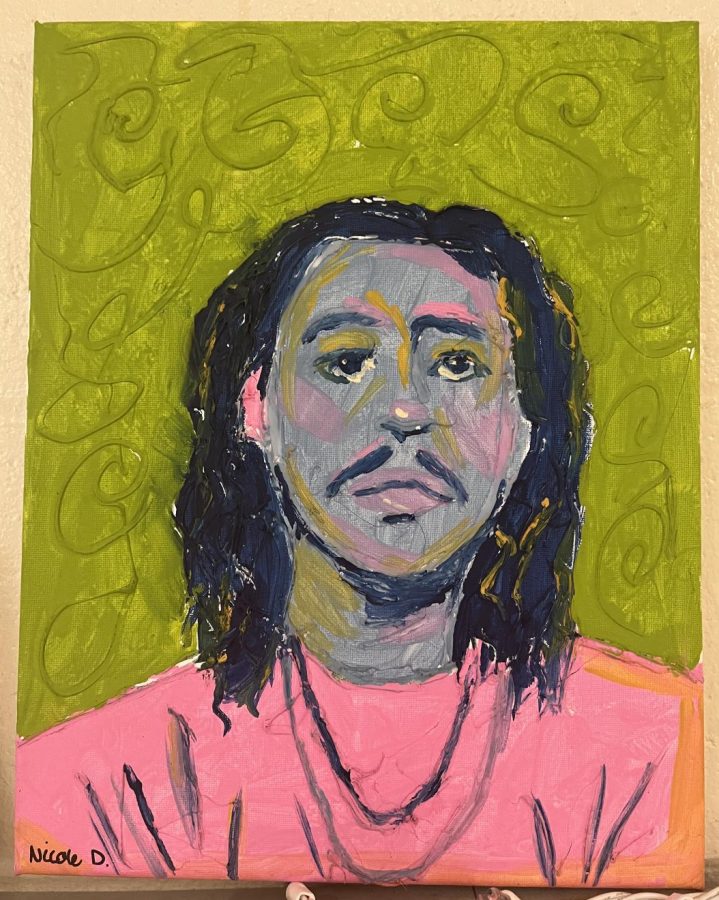Deferred Action for Childhood Arrivals
September 13, 2017
A dreamer is described by Merriam-Webster’s dictionary as “one who has ideas or conceives projects regarded as impractical: visionary.” It is considered the antithesis to “realist” – one whose perception is strictly grounded in life’s actuality. To most people, dreamers are children or idyllic youths — to some, simply by living in safety, they have entered a state of romanticism. The DACA program, or the Deferred Action for Childhood Arrivals, is described as the University of California, Berkley, as “a kind of administrative relief from deportation.” They act to prevent the deportation of young undocumented immigrants (who entered the U.S. prior to turning sixteen) and provide them with a work permit.
Although this program is an important crutch for those qualified, President Trump has acted to rescind DACA as early as March. With the disbandment, the New York Times reports, “Some of the 800,000 young adults brought to the United States illegally as children who qualify for the program, Deferred Action for Childhood Arrivals, will become eligible for deportation.” Trump’s argument lies within the anti-immigration mantra of strengthening the border to prevent immigrants from “stealing American jobs.”
Nevertheless, the strong protests against this move have led to some backpedaling on his part. Many were confused after he used some contradictory language, talking about how he had “great love” for those benefitted by DACA, and were unsure what his long-term plans are for undocumented individuals after his statement “hopefully now Congress will be able to help them and do it properly.”
To fight what many see as an injustice, protests and petitions are being organized; after all, to the hundreds of thousands of immigrant youths, this program is make-or-break. Overall, no matter what one believes, they should stay educated on current political happenings and contact a local government representative to make their voice heard.
